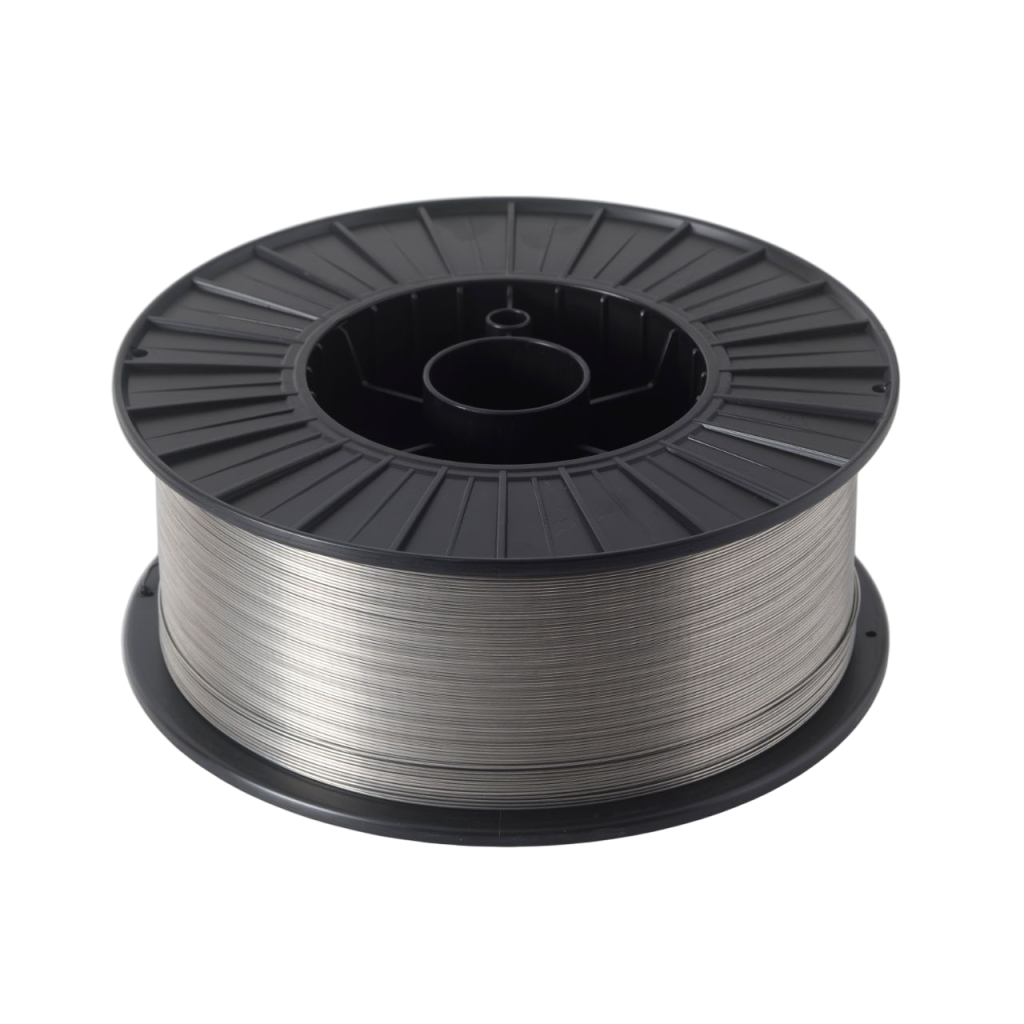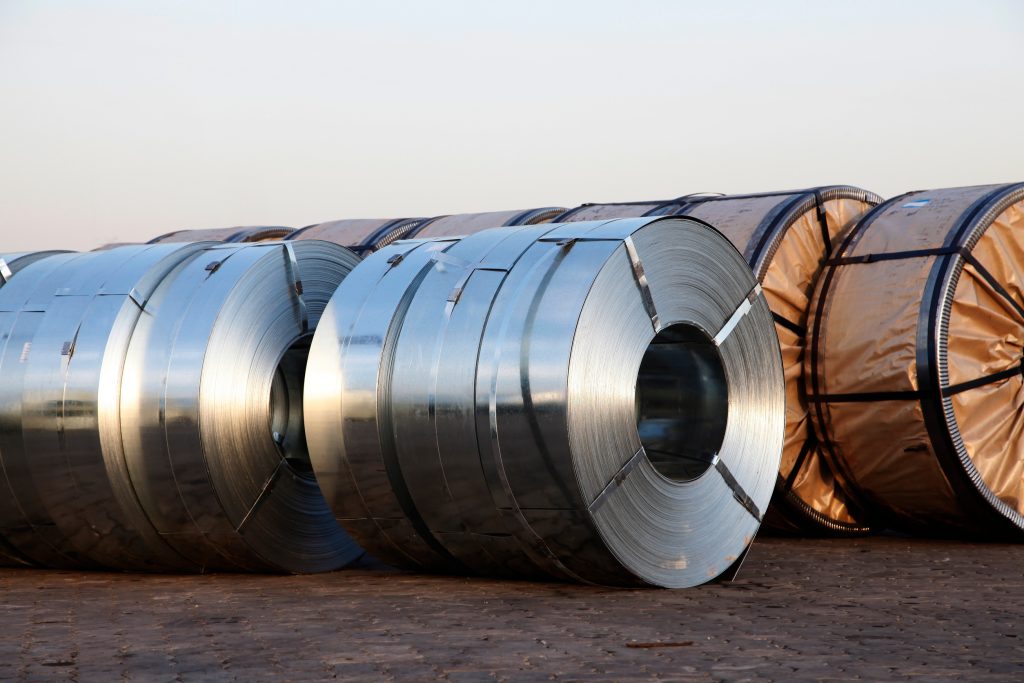JS Hardfacing Welding Wires
Enhance performance and service life of machinery and equipment, reducing operational downtime and maintenance expenditures.
- Home
- JS Hardfacing

JS Hardfacing Welding Wires
Elevating Equipment Longevity and Operational Efficiency
JS hardfacing welding wires are indispensable in industrial applications requiring superior wear resistance and durability. These advanced welding consumables play a critical role in enhancing the performance and service life of machinery and equipment, reducing operational downtime and maintenance expenditures. Industries such as mining, agriculture, construction, and power generation rely heavily on these materials to optimize efficiency and mitigate the effects of wear and tear.
Understanding JS Hardfacing Welding Wires
Advantages of JS Hardfacing Welding Wires
Prolonged Asset Life
Hardfacing significantly enhances the resilience and longevity of equipment, minimizing the frequency of part replacements.
Cost Savings
By reducing downtime and the need for frequent repairs, these wires contribute to substantial savings in operational costs.
Flexibility
A broad spectrum of wire compositions is available to address challenges ranging from abrasion resistance to protection against thermal or corrosive wear.
Ease of Deployment
JS hardfacing wires are engineered to facilitate efficient application, ensuring seamless integration into demanding industrial processes.
Applications Across Key Industries
Agriculture
Strengthening soil-engaging tools including plowshares and cultivator blades.
Cement Plants
Enhance the wear resistance of high-stress components such as crusher hammers, kiln tyres, grinding rollers, and conveyor screws. Ensuring prolonged service life and reducing maintenance downtime, thereby maximizing operational efficiency.
Construction Machineries
Enhancing durability in high-wear components like excavator teeth, bulldozer blades, and loader buckets.
Mining Sector
Reinforcing wear-intensive components such as crusher parts, conveyor screws, and slurry pump elements.
Power Generation
Protecting turbine blades, coal feeders, and related machinery against operational stresses.
Strategic Selection of Hardfacing Welding Wires

Conclusion
JS hardfacing welding wires represent a sophisticated solution to the challenges posed by equipment wear in heavy-duty industries.
By fostering durability and operational efficiency, these consumables play a pivotal role in maintaining productivity while curtailing maintenance costs. For industries seeking to maximize the value of their machinery, the adoption of JS hardfacing welding wires is a strategic and forward-thinking investment.

